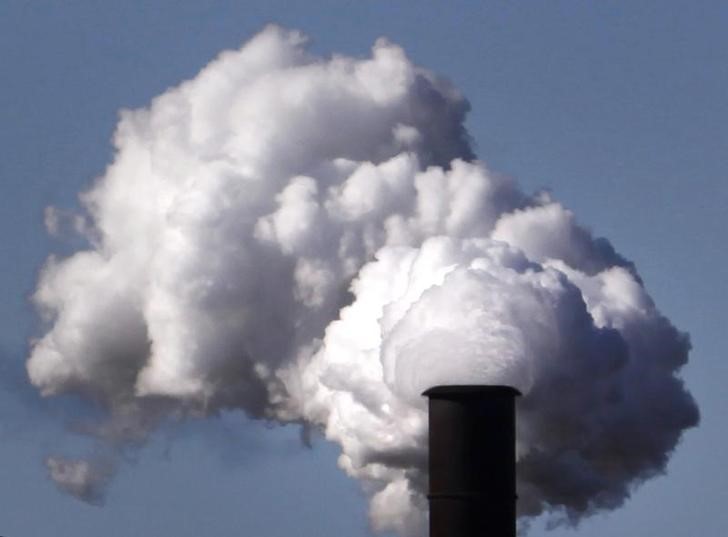By Jamie McGeever
BRASILIA (Reuters) - Industrial production in Brazil rose in August at its fastest pace in more than a year, official figures on Tuesday showed, a sign that Latin America's largest economy may slowly be turning a corner after flirting with recession earlier in the year.
The recovery may be on an uneven footing, however, as intermediate goods production was the only one of four broad economic categories to grow, and only 10 of the 26 narrower sectors surveyed managed to expand in the month.
Overall output jumped 0.8% in August from July, government statistics agency IBGE said, the first increase in four months and more than twice as fast as the 0.3% rise expected in a Reuters poll of economists.
It was the biggest increase since a 12.8% surge in June last year. Barring that anomalous rebound from an 11.1% plunge in the previous month because of a nationwide truckers' strike, it was the fastest rate of growth since December 2017.
The biggest driver was mining. It grew by 6.6% on the month, the fourth monthly increase, which brought the accumulated rise in that period to 25.2%. But IBGE noted that this followed three monthly declines when output fell an accumulated 24.2%.
"The better-than-expected rise in Brazilian industrial production was driven by rapid growth in the mining sector, which won't be sustained," William Jackson, an economist at Capital Economics, wrote in a client note.
"Even so, the figures add to the evidence that the economic recovery gathered momentum in the third quarter."
Among the other best-performing sectors were petroleum and biofuels, which rose 3.6%, and food production, which was up 2.0%, IBGE said.
Of the four wider economic categories covered by IBGE, intermediate goods output rose 1.4%. Durable consumer goods production fell 1.8%, while output of semi-durable and non-durable consumer goods, and capital goods, shrank 0.4%.
While the monthly figures may offer a chink of light for Brazilian industry, the bigger picture is less rosy.
Output in August was down 2.3% from the same month a year ago, and is down 1.7% on a year-to-date basis and over the preceding 12 months, IBGE said.
